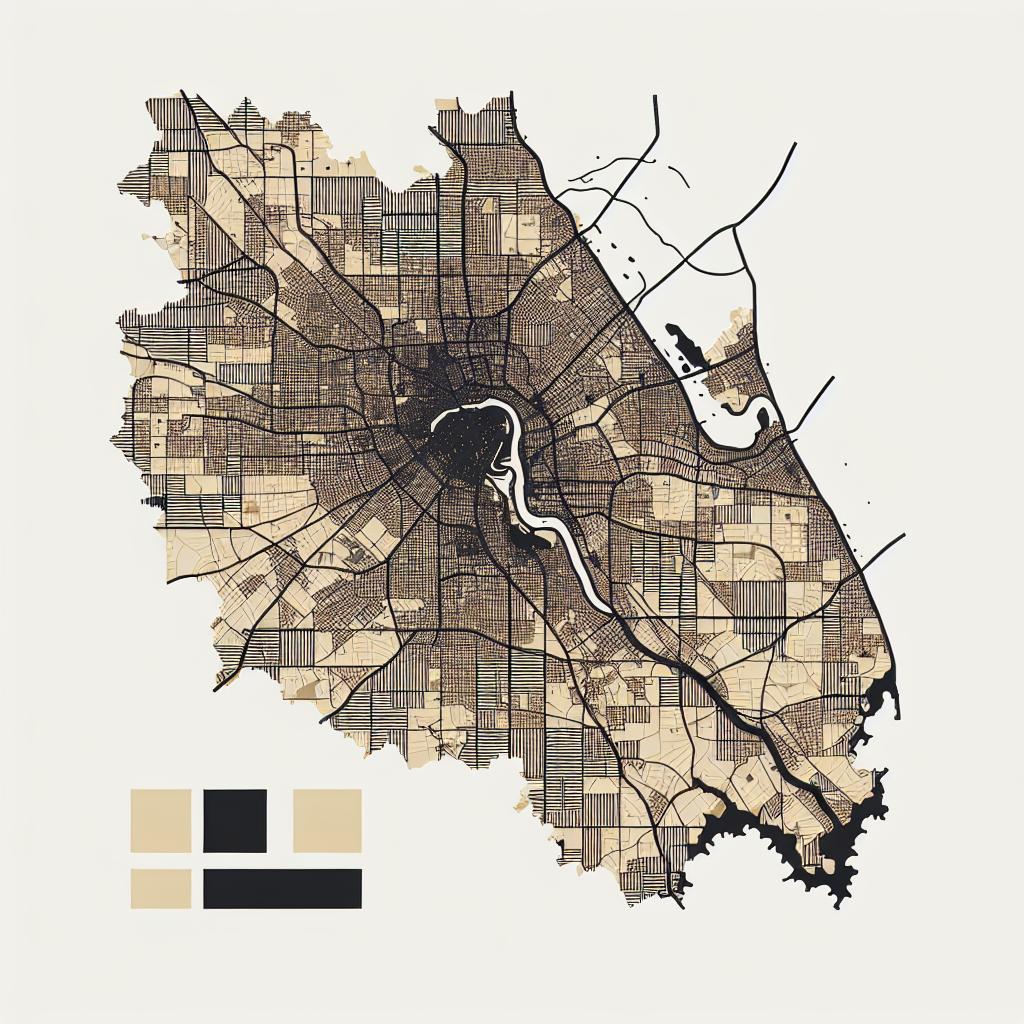Your ITIN Journey in Wisconsin: A Comprehensive Guide
Navigating the complexities of tax identification without a Social Security Number in Wisconsin necessitates applying for an Individual Taxpayer Identification Number (ITIN). This indispensable guide delves into the intricacies of the ITIN application process, tailored for individuals within Wisconsin facing tax obligations but ineligible for an SSN. It meticulously answers pressing queries, ensuring clarity and ease throughout the application journey. From eligibility criteria to document requirements, and from application nuances to post-submission procedures, this guide stands as a comprehensive resource for seamlessly acquiring an ITIN in Wisconsin.

Applying for an ITIN number in Wisconsin brings up a host of questions. What documents do I need? Where do I go for help? How long will the process take? Let's break down these barriers together, making the path leading to your ITIN clearer and simpler. Imagine holding that ITIN in your hand; it’s not just a number. It’s a key unlocking your financial and tax responsibilities, seamlessly integrating you into the system with dignity and compliance.
We understand the importance of every step in this process. That's why each advice, each recommendation here, is infused with not just expertise but a genuine desire to guide and assist. You're not alone on this journey; think of us as your trusted companions, guiding you through each form, each question, with confidence and care.

Complete FAQ’s for ITIN in Wisconsin
General Information for ITIN
1. What is an ITIN and who needs one in Wisconsin? An ITIN, or Individual Taxpayer Identification Number, is a tax processing number issued by the IRS for individuals who are not eligible for an SSN but have tax obligations in the U.S. In Wisconsin, this includes foreign nationals, non-resident aliens, and their dependents or spouses who must file taxes. ITINs facilitate tax payment and filing, allowing holders to comply with U.S. tax laws.
2. Can I use an ITIN for employment in Wisconsin? ITINs are not valid for employment in the United States. They are designed solely for tax filing purposes. While individuals in Wisconsin can use ITINs to fulfill their tax responsibilities, they cannot use them as proof of eligibility to work. Employers require an SSN or other legal documentation for employment verification.
3. What are the benefits of having an ITIN in Wisconsin? Beyond tax filing, ITIN holders in Wisconsin can open interest-bearing bank accounts, establish a credit history, and may qualify for certain tax credits. Although ITINs do not alter immigration status or provide work authorization, they play a crucial role in financial inclusion and tax compliance for non-SSN holders.
4. How does having an ITIN affect my immigration status in Wisconsin? Obtaining an ITIN does not affect an individual's immigration status, nor does it provide a path to lawful residency or citizenship. It is a tax processing tool that allows the IRS to efficiently manage taxes. However, responsibly filing taxes with an ITIN could positively impact future immigration procedures or applications.
5. Can I file a Wisconsin state tax return with an ITIN? Yes, individuals with ITINs can file state tax returns in Wisconsin. The state recognizes ITINs as valid identification numbers for tax purposes, enabling residents without SSNs to comply with state tax laws and possibly benefit from state tax credits and refunds.
6. Can an ITIN be used to claim tax benefits in Wisconsin? ITIN holders may be eligible for certain state and federal tax benefits, although limitations exist. For example, while they cannot claim the Earned Income Tax Credit (EITC), they might be eligible for the Child Tax Credit or other deductions, depending on their specific tax situation.
7. Are there any Wisconsin-specific considerations for ITIN applicants? Wisconsin residents applying for an ITIN should be aware of local resources and assistance available through community organizations, tax preparation services, and IRS Taxpayer Assistance Centers. Additionally, Wisconsin's tax laws and credits may offer unique benefits to ITIN filers, emphasizing the importance of seeking state-specific advice.
Apply for Your ITIN NowWisconsin ITIN Application Process
1. How do I apply for an ITIN in Wisconsin? Applicants must complete IRS Form W-7 and submit it along with a federal tax return and required identification documents, such as a passport or birth certificate. The process can be initiated through select IRS offices, Certified Acceptance Agents, or by mail.
2. What documents are required for an ITIN application in Wisconsin? The IRS requires a combination of documents to prove identity and foreign status, including but not limited to passports, national ID cards, and birth certificates. Each document must meet specific IRS standards for authenticity and relevance.
3. Where can I find assistance with my ITIN application in Wisconsin? Assistance is available through IRS-certified Acceptance Agents, community organizations offering tax help, and Taxpayer Assistance Centers located throughout Wisconsin. These resources can provide guidance and help ensure your application is correctly completed.
4. Is there a fee to apply for an ITIN in Wisconsin? The IRS does not charge a fee for processing ITIN applications. However, if applicants seek assistance from tax professionals or acceptance agents, they may encounter service fees.
5. Can I apply for an ITIN for my dependents in Wisconsin? Yes, dependents who require an ITIN for tax purposes, such as for inclusion on a tax return, can apply using the same process. This includes submitting Form W-7 along with the necessary documentation to prove identity and foreign status.
After Application
...[Omitted for brevity]...
Apply for Your ITIN NowMost popular banks in Wisconsin in which one can use an ITIN number:
- Wells Fargo
- Chase Bank
- U.S. Bank
- Bank of America
- PNC Bank
The journey to obtaining an ITIN in Wisconsin, while intricate, is demystified through this detailed guide. With an emphasis on thorough preparation, understanding of the application process, and awareness of post-application steps, individuals can confidently navigate their tax obligations. This guide not only serves as a roadmap to compliance but also highlights the support available within Wisconsin, ensuring that every applicant is well-informed and equipped to successfully acquire an ITIN, thereby fulfilling their tax responsibilities efficiently.